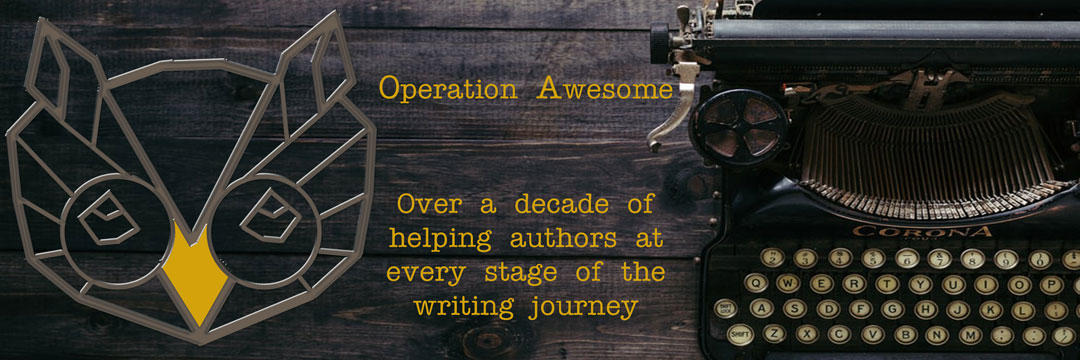Dear O'Abby,
I've written the text for a couple of children's books and after having tested them with my classes at school - I'm an early childhood teacher - I feel confident that they are hitting the mark with my target audience. So I'm looking at trying to get them published. I just have one question. Do I also need to be an illustrator? I'm not great at drawing, but I can give it a whirl if that's something that's required. Or can I find someone else who is a better artist than me to illustrate my books?
Any advice would be gratefully accepted. I don't want to do something dumb along the way and jeopardize my chances of seeing my books in print.
Much respect,
Unillustrated
Dear Unillustrated,
No, you do not need to be an illustrator to get your picture books published. In fact, many publishers actually prefer that you don't. They have illustrators they like to work with and if they like a picture book text, will get an illustrator to come on board once they've decided how the book is going to be laid out and how many illustrations it will need. If you're not a great artist, sending badly drawn illustrations or sketches to illustrate what you think might go on each page might negatively influence the agent or publisher you're trying to impress.
Obviously, if you are planning to self publish your book, that's a different story. You will need to illustrate or find someone to work with to do that. You can ask an artist you know or do some research in your local area. The Society of Children’s Book Writers and Illustrators and ChildrensIllustrators.com also have illustrators listed with examples from their portfolios. Just remember, if you work with an illustrator, you will have to share any advance payment and royalties with them.
Hopefully that helps!
Best of luck with the book.
X O'Abby






.jpg)







_(cropped).jpg)





.jpg)
